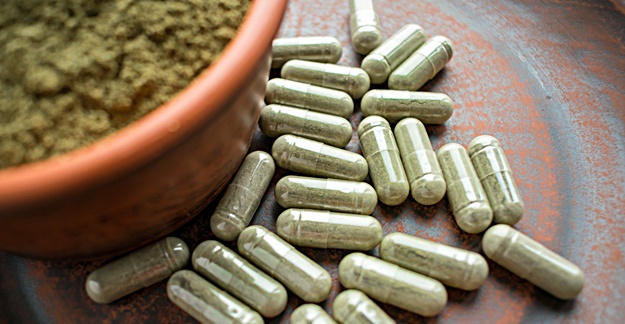The FDA recently issued a warning that kratom is unsafe. But did the FDA ignore scientific evidence — as well as patient experience — supporting kratom?
America is in the midst of one of the worst epidemics in its history over opioids, which may be one of the reasons the FDA recently issued a warning that kratom, a plant-based supplement often used for pain, is potentially addictive since it has opioid-like qualities.
Kratom has also been used by some people to treat withdrawal from opioids. However, the agency stated that there is “no reliable evidence” to support this and “significant safety issues exist.” The FDA also said it has received reports of 44 deaths related to kratom use. However, as a recent Reason.com blog pointed out, in many of these cases, other substances were found along with kratom in the systems of the deceased, making it difficult to prove kratom was the cause of death.
In one of those deaths, a 22-year-old man had a cocktail of drugs in his system that included the antidepressant Prozac (fluoxetine), antipsychotics Seroquel (quetiapine) and Zyprexa (olanzapine), Lyrica (pregabalin), which is used for nerve pain, and several benzodiazepines (tranquilizers) – in addition to kratom. Also, as Jacob Sullum argued in another Reason.com blog, more people have died from prescription and over-the-counter pain relievers than kratom.
So is it really as dangerous as the FDA makes it out to be?
It’s hard to say. But it may be harder to get your hands on kratom. The FDA has already blocked importation of the substance. And in 2016, the Drug Enforcement Agency (DEA) ruled to classify this supplement as a Schedule 1 drug, putting it in the same class as marijuana, LSD and heroin as substances with no currently accepted medical use and a high potential for abuse. The DEA backpedaled a bit later in the year following outcry from the public. However, the FDA’s warning could make it more likely for kratom’s Schedule 1 designation to go through.
To me, it seems the FDA is making a bit of a rash decision. Although the FDA says it conducted its own medical analysis of kratom, there is a lot of existing research supporting kratom as effective for conditions such as PTSD and depression. Did they consider this before issuing a warning?
Much like the FDA’s and DEA’s position on marijuana, it seems that decisions are being made based on incomplete examinations of the positives and negatives of herbal substances. The FDA and DEA owe it to patients who use kratom and find benefit from it to conduct a more thorough investigation before deeming it unsafe for public consumption.






